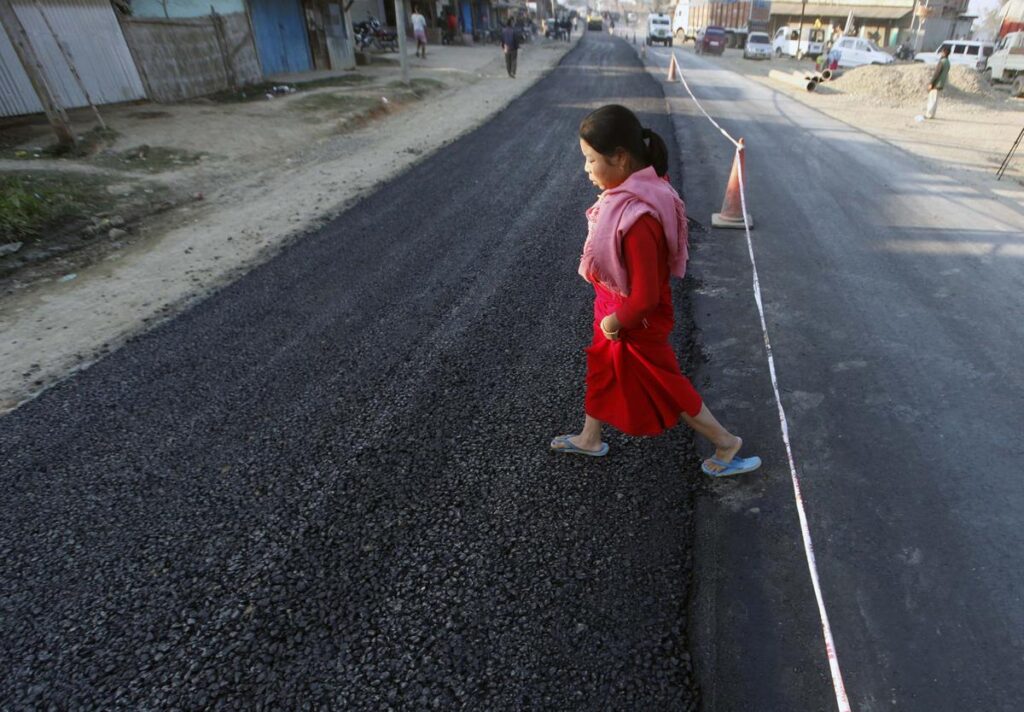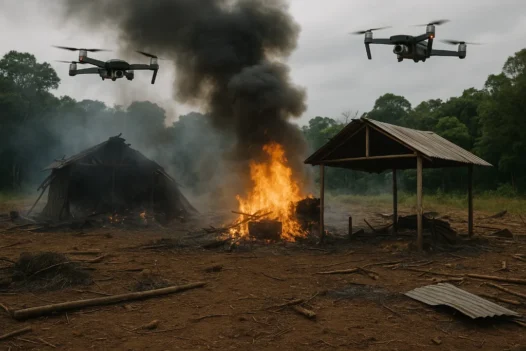Days after the Ministry of Home Affairs (MHA) disclosed plans to fence 300 km of unfenced stretches along the India-Myanmar border, Mizoram’s newly elected Chief Minister, Lalduhoma, declared on Thursday that any attempt to install a fence along the 510-km-long porous border with Myanmar is deemed unacceptable.
This statement follows the recent decision by the Centre to terminate the four-decade-old Free Movement Regime (FMR) along the India-Myanmar border. The FMR is a bilateral agreement enabling residents along the border to journey up to 16 kilometers into the neighbouring country. The MHA officials indicated that the termination of the FMR, allowing ethnic people on both sides of the border to travel up to 16 km without a visa, will impact Northeastern states like Mizoram, Nagaland, and Arunachal Pradesh. The proposed change necessitates individuals from border areas to acquire visas for entry into India, signifying a departure from the previous unrestricted movement.
According to reports, the move is part of a broader strategy to enhance border security, including plans to fence approximately 300 km of the border, as revealed by officials. The Zo Reunification Organization (ZORO) strongly opposed this plan on Friday, emphasising the importance of maintaining connections among the Zo people in the international border areas of India and Myanmar. ZORO invoked Article 36 of the United Nations Declaration on the Rights of Indigenous Peoples 2007, urging the Government of India to reconsider the decision.
Chief Minister Lalduhoma expressed concerns over the proposed border changes during his meeting with Prime Minister Narendra Modi in New Delhi, conveying the desire of people on both sides of the India-Myanmar border to come under one administration. Prime Minister Modi suggested submitting a proposal for a more structured Inner Line Permit (ILP) system. Lalduhoma, in a meeting with External Affairs Minister S Jaishankar, also reiterated that any move to set up barbed wire fencing along the India-Myanmar border would be unacceptable.
India and Myanmar share an unfenced border established in the 1970s under the Free Movement Regime due to familial and ethnic ties. The proposed change has triggered concerns, particularly in states like Nagaland and Mizoram, where opposition is anticipated.







